The 2023 Ballon d'Or debate has already shaped into a battle between an existing superstar and one of his heir apparents.
At 36 years old, Lionel Messi is still in the running to win the individual prize and remains a strong candidate to win a record-extending eighth title.
However, Manchester City's Erling Haaland will have a thing or two to say in the October 30 vote after the list of nominees was unveiled on September 6.
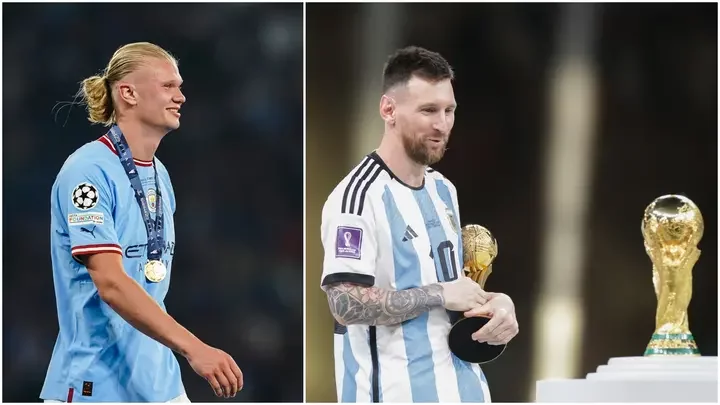
L'Equipe, the magazine responsible for organising the annual gala where the best individual performances are feted, announced changes to the Ballon d'Or rules in 2021, shortly after Messi had clinched his 7th gong, per Marca.
There have often been complaints about the criteria used to award the winners. Sports Brief has previously reported on the most controversial Ballon d'Or calls in the awards' history.
The French magazine sought to address some of these concerns by enacting new changes that came into effect in 2022, where former Real Madrid star, Karim Benzema won.
1. Based on season, not year
Before the 2022 vote, the vote was always determined by performances in a calendar year - from January to December. With the new rules, the vote is based on a normal season, which normally begins in August to July of the following year.
Had the old rule still been in place, the 2022 World Cup would not have been used to determine the 2023 winner and thus, Messi would have battled it out with Benzema for the 2022 award, leaving Haaland with a clear run for this year's award.
2. Lesser votes for member countries
Previously, nearly all the member countries of FIFA were allowed to vote. However, this was trimmed down to only the top 100 nations in the FIFA rankings and the top 50 nations in the women's vote.
As it stands, 20 African countries will be eligible to vote for the 2023 winner.
3. Parameters used by Ballon d'Or
The Ballon d'Or has often emphasised individual performance over collective achievements.
L'Equipe reiterated this will be in full swing going forward, with voters asked to look at how a player performed individually first before coming to what he/she achieved with his/her team. The other criteria will be the players' ability and sense of fair play.
Going by this metric, Messi seems to have an edge over Haaland going into the 2023 vote. The Norwegian might have scored 52 goals in 53 competitions compared to Messi's 38 goals, but the Argentine delivered in key games in the run to the World Cup victory.
The new Inter Miami star also won FIFA's The Best award compared to Haaland's Premier League Player of the Season. When it comes to collective achievements, the Manchester City striker won the treble, though one might argue the World Cup trophy trounces that.
4. Involvement of specialists for nominees
Normally, it used to be the editorial staff of the magazine who compiled the list of nominees. 30 players often make the cut for Ballon d'Or, with 20 others for the Kopa Trophy.
However, in 2022 and going forward, L'Équipe brought on board other specialists like 2012 Champions League winner Didier Drogba on board. It is expected they will have a variety of specialists, plus international journalists, to help in selecting the nominees and eventual winners.
Why Messi will beat Haaland
Sports Brief has also given a breakdown of why Messi holds the Ballon d'Or advantage over Haaland in the 2023 vote despite the Manchester City star winning the cup treble.
Apart from the World Cup factor, the seven-time Ballon d'Or winner starred in major games compared to the Norwegian's outings in big games in the Champions League.

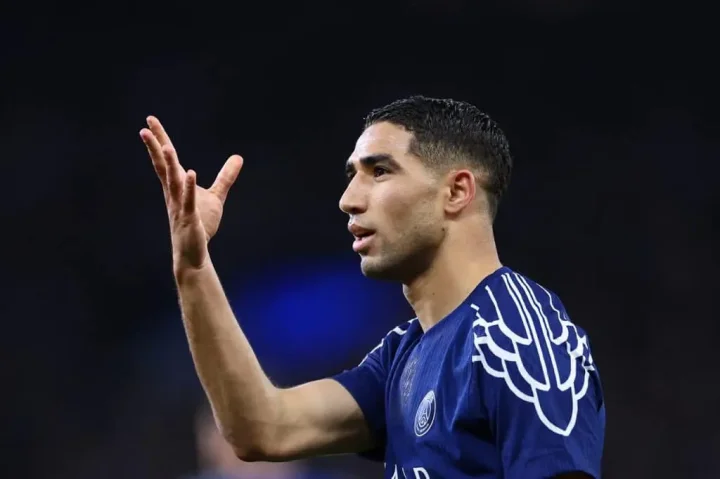
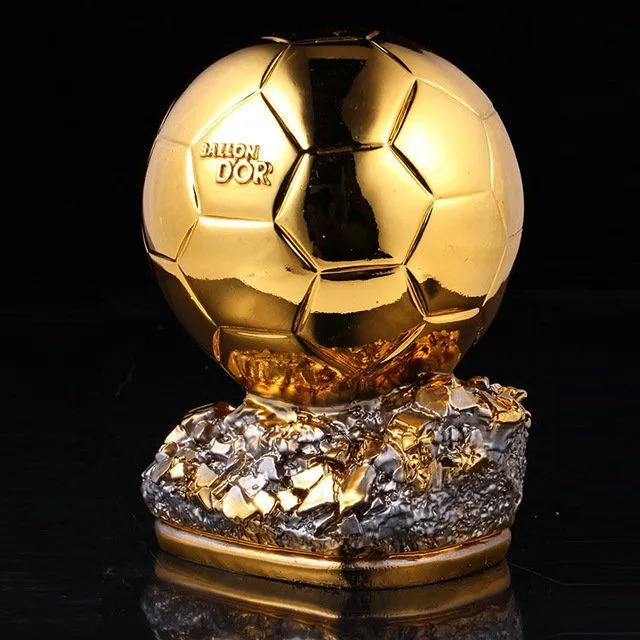
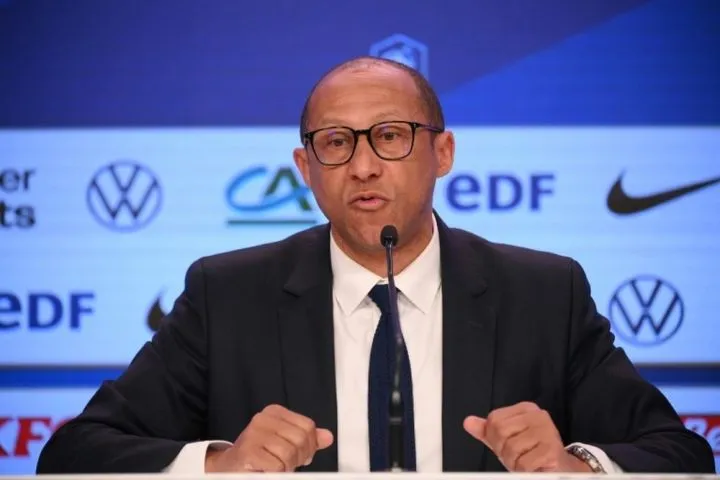
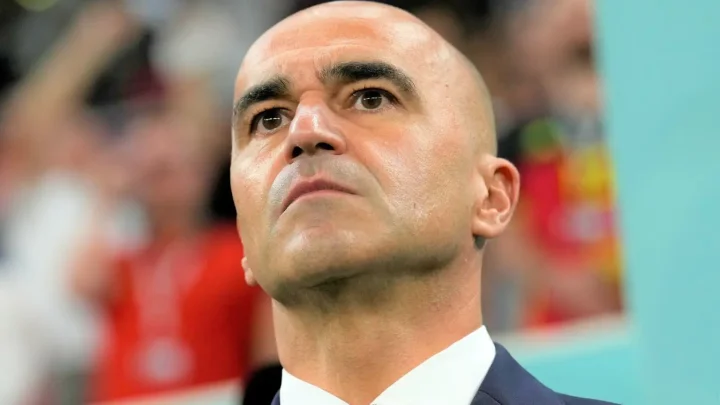
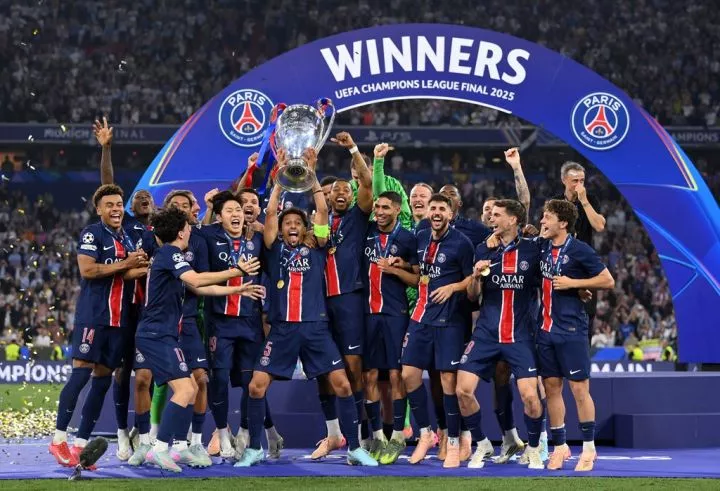
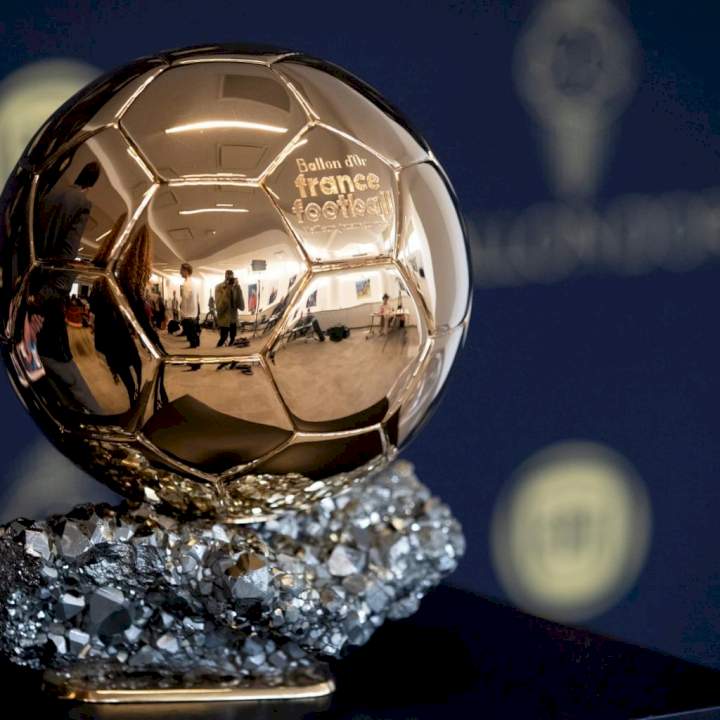

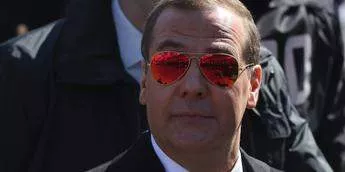

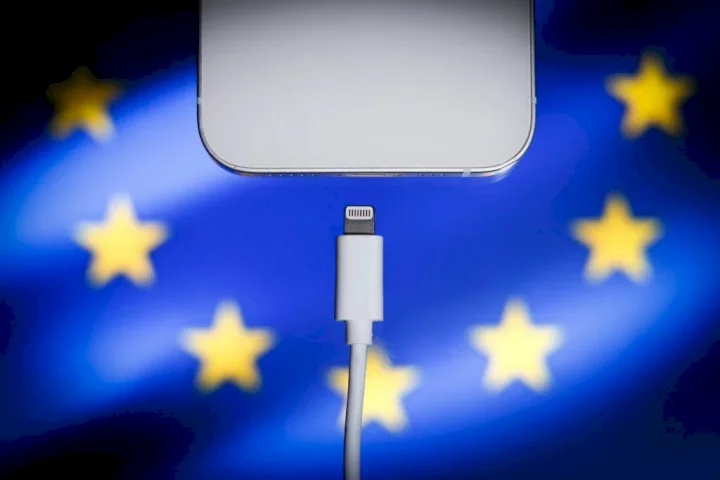

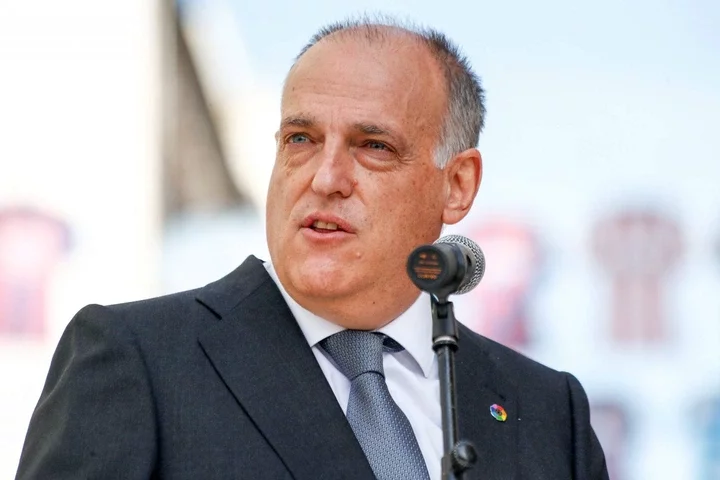




Comments